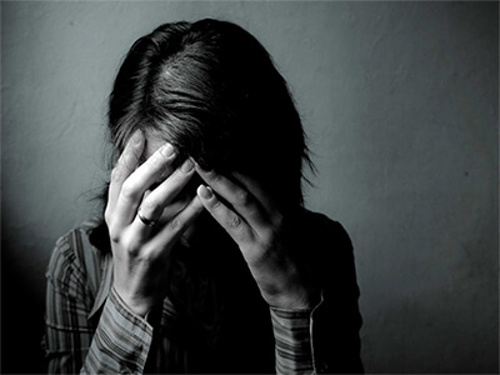

All of us have days where we feel down or dejected but being sad is not the same as having depression. Depression is a common but serious mental illness characterized by a low mood that is persistent, lasts a long time, and interferes with one’s daily life.
Depression, especially when recurrent or occurring with moderate or severe intensity, is a serious health condition unlike usual mood fluctuations or emotional responses to situations, Depression results in feelings of sadness and loss of interest in activities that one enjoyed, and in its most severe form, could lead to suicidal thoughts. Depression affects the ability of a person to participate in daily life, affecting their functioning at the workplace, school, or at home.
While depression manifests itself in varied ways in different people, depression generally affects one’s mind, body, and behaviour. Symptoms include feelings of sadness, guilt or worthlessness, restlessness or irritability, numbness, low self-esteem, hopelessness, anxiety, inability to enjoy things that once gave pleasure to the sufferer and could in some cases lead to suicidal feelings or feelings of self-harm.
Depression could also manifest as physical symptoms like tiredness, lack of energy, change in appetite or weight, sleep problems, change in sex drive, slow movement, and unexplained aches and pains. In some cultures, people may be able to express their change in mood in the form of bodily symptoms such as pain, fatigue, and weakness, without any other medical cause.
Depression has a bearing on one’s daily functioning, and may cause difficulties in personal, professional, social and family life.
A combination of factors may be responsible for depression, including genetic factors, environmental factors, changes in neurotransmitter levels and psychological and social factors.
Adverse life events such as bereavement, unemployment and traumatic events are likely to trigger depression. Depression can spur stress and dysfunction, affecting ones life situation and worsening the depression.
There is also a relationship between depression and physical health. However, there are certain medical conditions such as thyroid problems, brain tumours and vitamin deficiencies that mimic the symptoms of depression, and it is important to rule out these medical conditions before a diagnosis of depression can be made.
Regular exercise, sleeping well, eating healthy food, and avoiding depressants such as cigarettes and alcohol can help reduce symptoms of depression. Talking regularly about how one is feeling, as well as spending more time in nature or in pleasurable activities like sports or dance, can help with depression.
If the symptoms of depression persist and interfere with daily functioning, psychotherapy can help. Medications might be required if the symptoms are severe.
If one suspects that they have symptoms of depression or if they fear relapse into depression, they must consult a doctor or other mental health specialist. Treatment is most effective the earlier it starts.